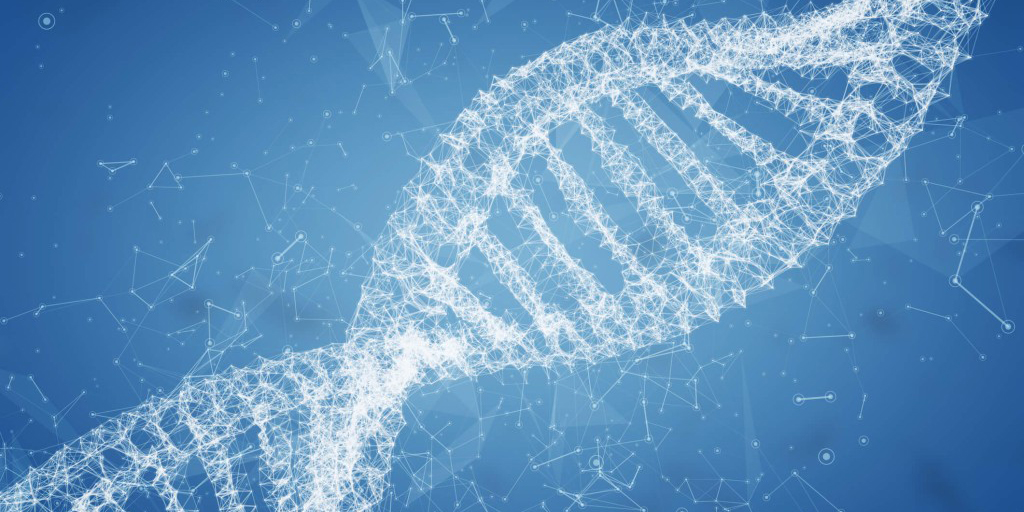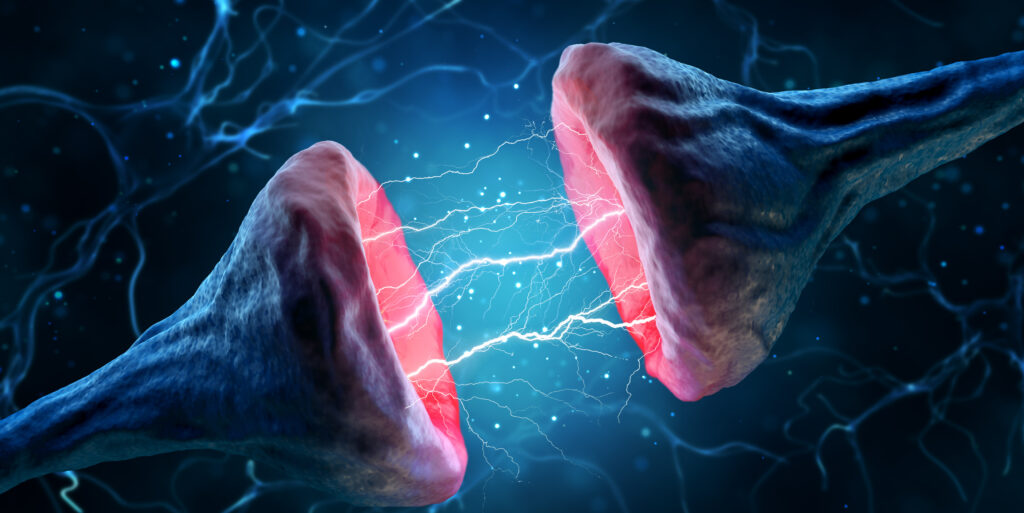
Simply Stated: What Is Neuromuscular Disease?
By Amy Bernstein | Wednesday, June 8, 2022
5 Second Summary
“Simply Stated” is a Quest column designed to explain some terms and basic facts about neuromuscular diseases.
Find more at Mdaquest.org/tag/simply-stated
Neuromuscular disease refers to a diverse group of rare conditions that affect some part of the neuromuscular system, such as:
- Muscles
- Nerves in the peripheral nervous system (arms and legs)
- Nerves in the central nervous system (spinal cord)
- The neuromuscular junction, where nerves and muscles meet
Neuromuscular diseases generally cause muscle weakness, fatigue, and other symptoms. Most are progressive, meaning the symptoms get worse over time.
There are many different neuromuscular diseases, each affecting the body differently or causing weakness in different muscle groups. Some neuromuscular diseases are present at birth, while others manifest in childhood or adulthood.
Most neuromuscular diseases are caused by changes in one or more genes. Genetic neuromuscular diseases may be hereditary, meaning they can be passed down through a family’s genes. However, some neuromuscular diseases are the result of a genetic change that is not hereditary, an abnormal immune system response, or an unknown cause.
Living with a neuromuscular disease
Depending on the type of disease and its severity, a neuromuscular disease can affect the ability to do everyday activities, including walking, eating, and breathing.
Currently, there are no cures for neuromuscular diseases, but there are treatments available for some types. Medical interventions generally focus on treating or delaying the start of symptoms, enhancing physical mobility and social interactions, and preventing heart and lung complications.
Scientists have discovered more than 500 genes that can cause neuromuscular diseases, and the number is still growing. Gene-targeted therapies hold great promise for neuromuscular diseases because they seek to fix the underlying cause of a genetic disorder. A therapy may do this by replacing a mutated gene with a working gene, repairing a flawed gene, or altering how a gene is controlled.
Effects on breathing
Some neuromuscular diseases can weaken the muscles used for breathing. This can make it difficult to effectively move air in and out of the lungs and clear secretions from the airway by coughing.
Symptoms of respiratory problems may include frequent headaches, sleep disruptions, mental dullness, difficulty concentrating or staying awake during the day, or frequent colds and coughs that don’t seem to resolve.
One of the dangers of reduced respiratory function and airway clearance (i.e., cough) is that a simple cold can progress rapidly into pneumonia. Individuals with respiratory weakness may use medical equipment such as a cough-assist device or ventilator.
Effects on the heart
Complications involving the heart can occur in some neuromuscular diseases. This may include fibrosis (thickening) and weakening heart muscle, resulting in less effective pumping (cardiomyopathy). Other times, the heart rhythm may be altered.
Symptoms of cardiomyopathy may include fatigue, lethargy (lack of energy), swelling in the legs and feet, digestive problems, and poor circulation.
When to seek medical advice
Talk with your pediatrician if you notice your infant has a lack of muscle tone (hypotonia). You should also tell your pediatrician if your baby or toddler experiences delays in meeting motor milestones — such as rolling over, sitting up, or walking — or fails to meet them at all.
At any age, signs of muscle weakness — such as increased clumsiness and falling — in yourself or your child may be cause for concern.
Specialized treatment at MDA Care Centers
MDA Care Centers, located at more than 150 of the top healthcare institutions across the United States, offer expert multidisciplinary care for individuals living with neuromuscular diseases. They also can provide access to clinical trials and connect you with MDA and the neuromuscular disease community.
MDA’s Resource Center provides support, guidance, and resources for patients and families, including information about neuromuscular diseases, MDA Care Centers, and other services. Contact the MDA Resource Center at 1-833-ASK-MDA1 or ResourceCenter@mdausa.org.
Next Steps and Useful Resources
- MDA’s Resource Center provides support, guidance, and resources for patients and families, open clinical trials, and other services. Contact the MDA Resource Center at 1-833-ASK-MDA1 or ResourceCenter@mdausa.org
- For more information about the signs and symptoms of Neuromuscular Diseases, as well an explanation of the causes of disease, an in-depth overview can be found here.
- Stay up-to-date on Quest content! Subscribe to Quest Magazine and Newsletter.
Disclaimer: No content on this site should ever be used as a substitute for direct medical advice from your doctor or other qualified clinician.




